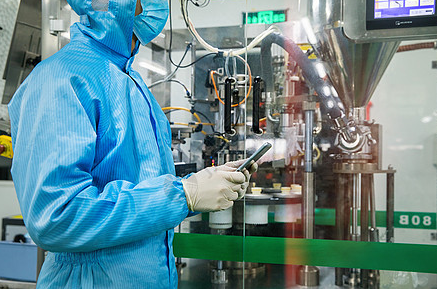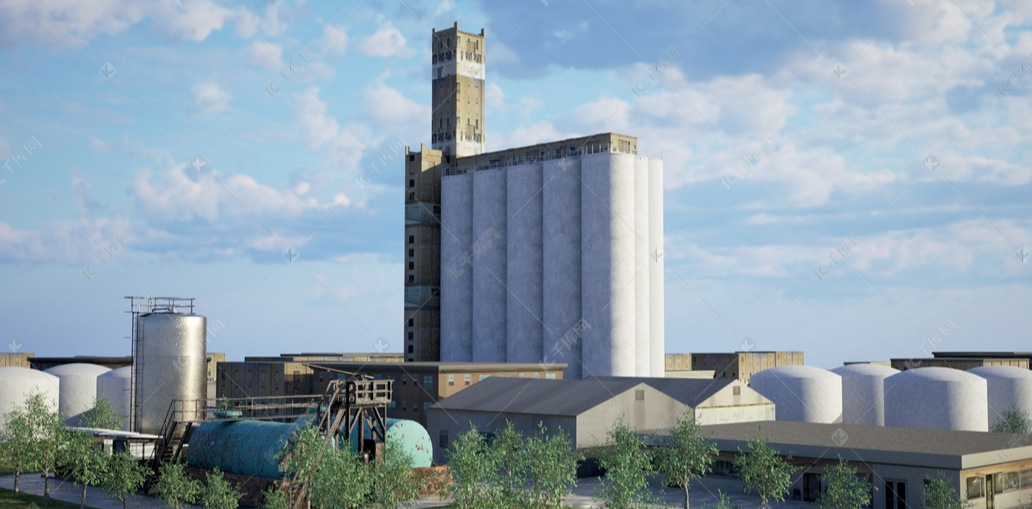Futures What are the types of chemical futures
In developed countries that have completed the integration of the petrochemical industry, there are only hundreds of large-scale chemical enterprises, and the fine molecule industry is often monopolized by several large enterprises. Under this industrial pattern, major enterprises have a greater impact on the formation of chemical prices, have a higher ability to control price risks, and have less demand for futures markets.
Trade patterns generate demand for safe havens

In addition to the large number of chemical enterprises, China's chemical products spot trade is also very developed. Taking polyethylene as an example, there are a large number of small-scale plastic processing enterprises in the market. As a producer of polyethylene, it is difficult for large petrochemical enterprises to conduct direct trade with them. This upstream and downstream asymmetrical production and consumption pattern has brought living space for many intermediate traders: in Zhejiang and Shanghai, the East China trade distribution center of polyethylene, there are about two thousand traders in each; In Zibo, Shandong province, where the petrochemical plant is located, there are about 400 to 500 traders. A batch of polyethylene resin, from the factory or customs to enter the downstream processing enterprise, may change hands three to four times. As one of the main forces participating in the LLDPE futures market, the trader community has strongly promoted the development of the market. In contrast, European and American countries have more integrated polyethylene products, direct sales models, fewer traders, lack of hedging demand for spot enterprises, and lack of participants in the futures market.
Competition and policy help nurture the market
The success of China's chemical futures market is inseparable from the coordination of competition effect and policy effect. China's financial and futures industry policies have set strict thresholds, limited the outflow of capital, and effectively contained the competitive pressure from mature markets in Europe and the United States, and won valuable nurturing time for the domestic futures market. A strict and prudent listing approval and supervision system has been established internally. Under the guidance of a series of policies, commodity futures exchanges have formed a standardized and orderly healthy competition mechanism. Each exchange is extremely cautious in the selection of varieties and contract design, and has carried out a lot of market research. Therefore, the listed chemical futures varieties are often able to meet the needs of the spot industry and win the favor of the market.

Development prospect of China's chemical products market
Examining the development status of the domestic chemical industry, it can be inferred that in a considerable period of time, China's chemical futures market can continue to maintain a prosperous situation.
Factor advantage will be more consolidated
In the future, China's petrochemical industry still has great potential for development. According to the forecast of China Economic Information Network, by 2015, the total industrial output value and industrial sales value of the petrochemical industry will both reach about 19 trillion yuan. According to the petrochemical Federation "Petroleum and chemical industry" 12th Five-Year development Guide "forecast, to 2015, China's crude oil, ethylene, synthetic resin consumption will reach an average annual growth rate of 5.5%, 11% and 7%. Therefore, the industrial scale foundation of China's chemical futures market will be more consolidated.
The demand advantage will remain
The market-oriented reform of China's petrochemical industry is under way, such as the market-oriented pricing mechanism of coal, fertilizer, refined oil and other products is gradually developed and improved, which will increase the future demand for risk management in the futures market. At the same time, in recent years, the trend of raw material diversification represented by the new coal chemical industry will have a great impact on the ethylene industry with a relatively high monopoly degree, thus further increasing its dispersion and making the risk hedging demand of related enterprises more intense.
- ABB
- General Electric
- EMERSON
- Honeywell
- HIMA
- ALSTOM
- Rolls-Royce
- MOTOROLA
- Rockwell
- Siemens
- Woodward
- YOKOGAWA
- FOXBORO
- KOLLMORGEN
- MOOG
- KB
- YAMAHA
- BENDER
- TEKTRONIX
- Westinghouse
- AMAT
- AB
- XYCOM
- Yaskawa
- B&R
- Schneider
- Kongsberg
- NI
- WATLOW
- ProSoft
- SEW
- ADVANCED
- Reliance
- TRICONEX
- METSO
- MAN
- Advantest
- STUDER
- KONGSBERG
- DANAHER MOTION
- Bently
- Galil
- EATON
- MOLEX
- DEIF
- B&W
- ZYGO
- Aerotech
- DANFOSS
- Beijer
- Moxa
- Rexroth
- Johnson
- WAGO
- TOSHIBA
- BMCM
- SMC
- HITACHI
- HIRSCHMANN
- Application field
- XP POWER
- CTI
- TRICON
- STOBER
- Thinklogical
- Horner Automation
- Meggitt
- Fanuc
- Baldor
- SHINKAWA
- Other Brands




































































































































